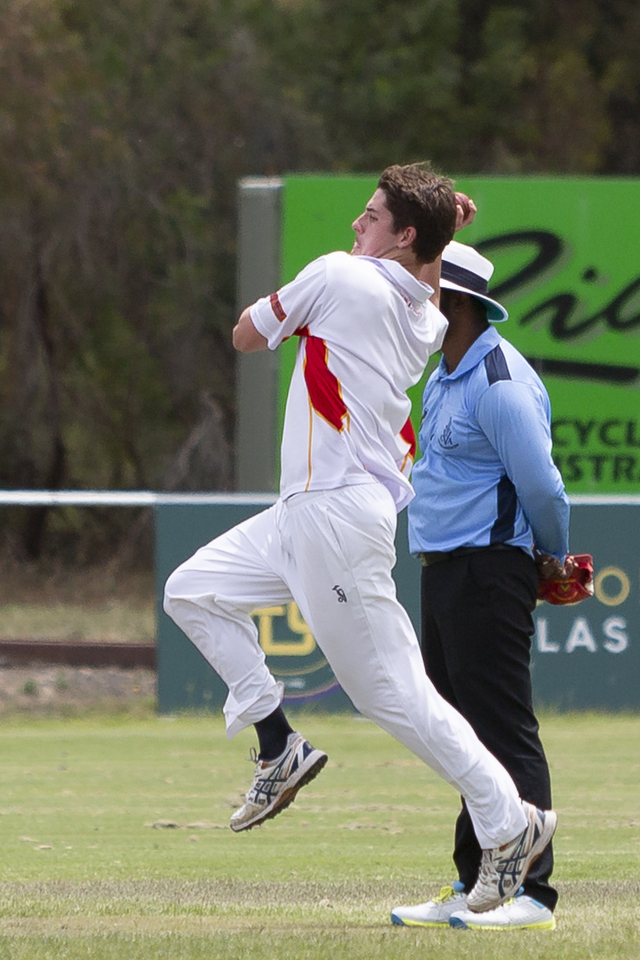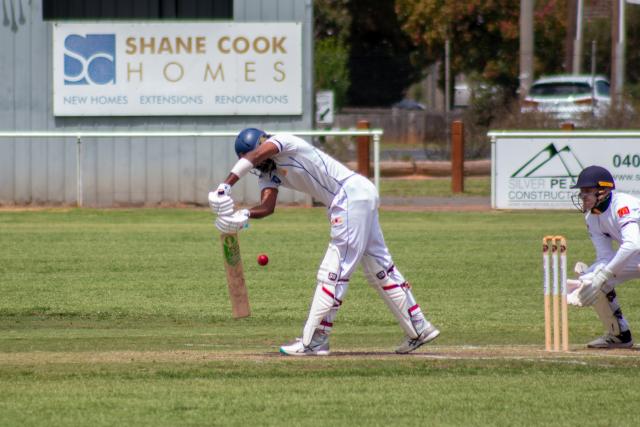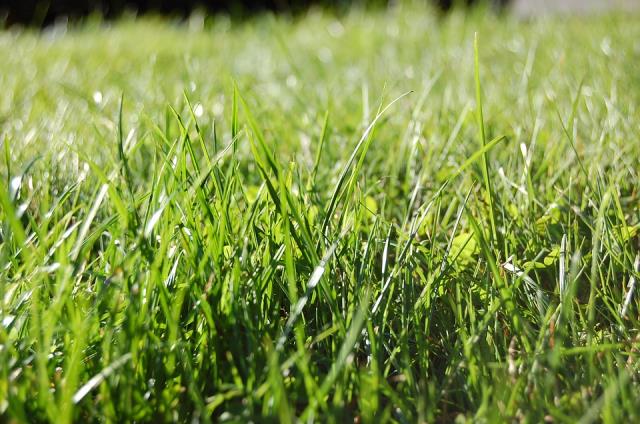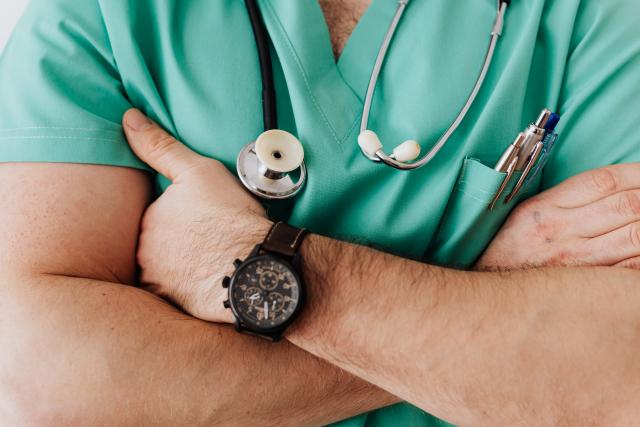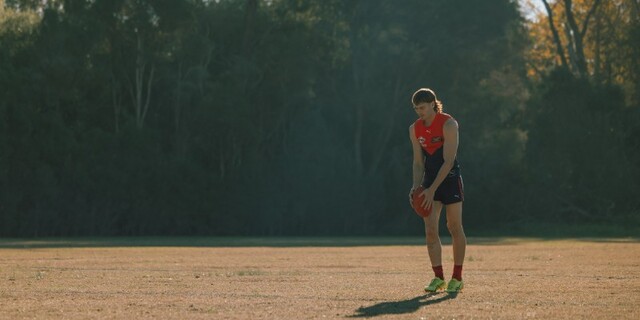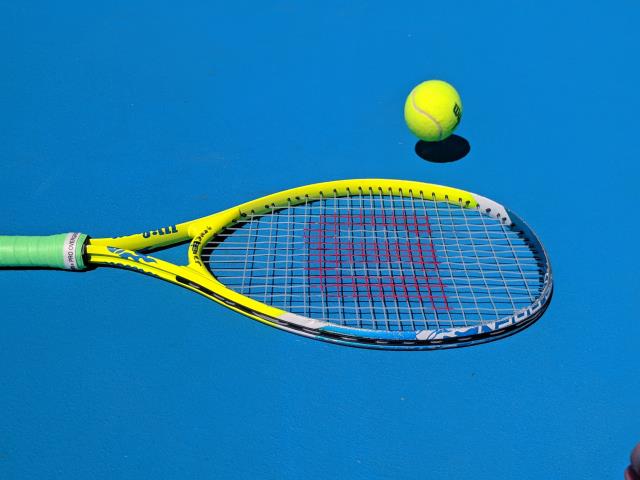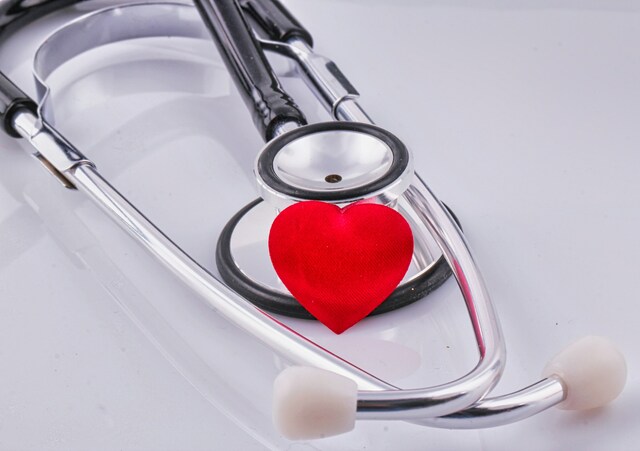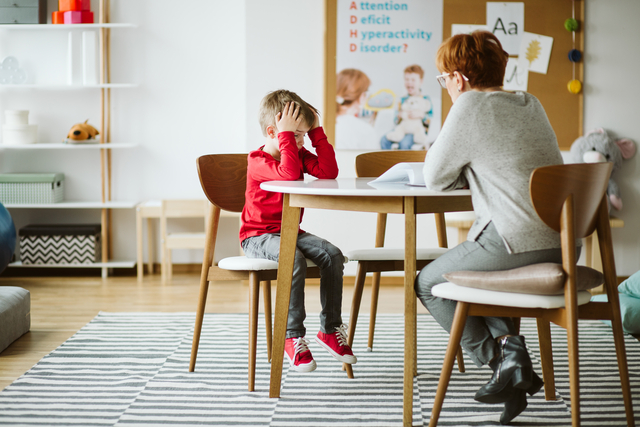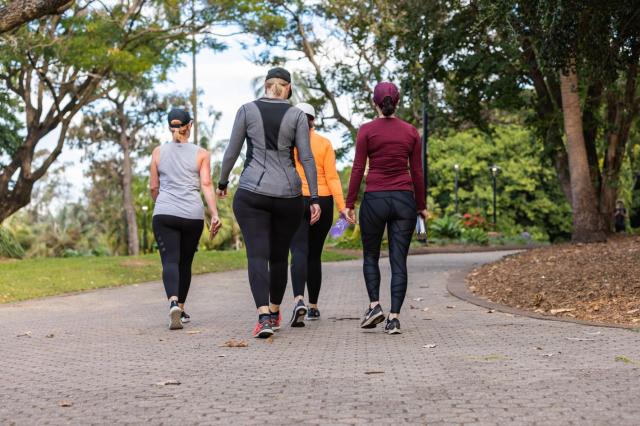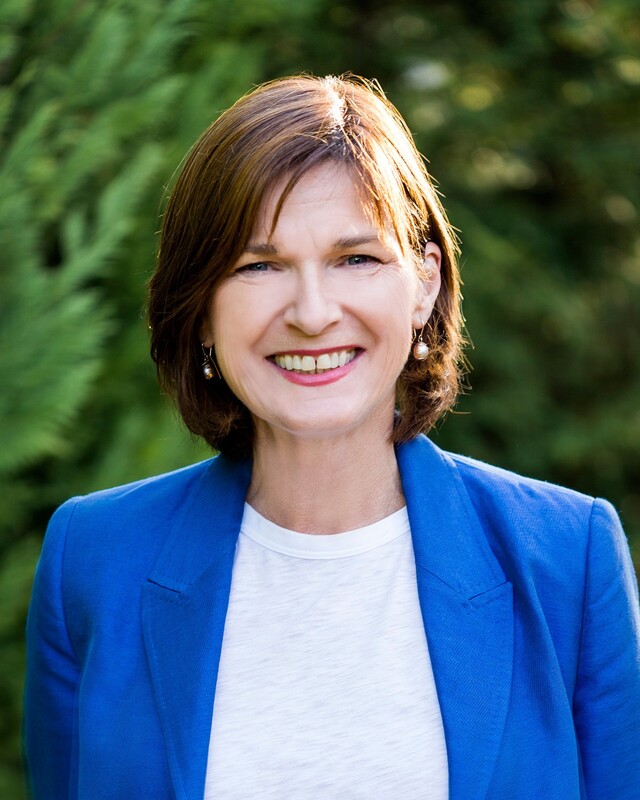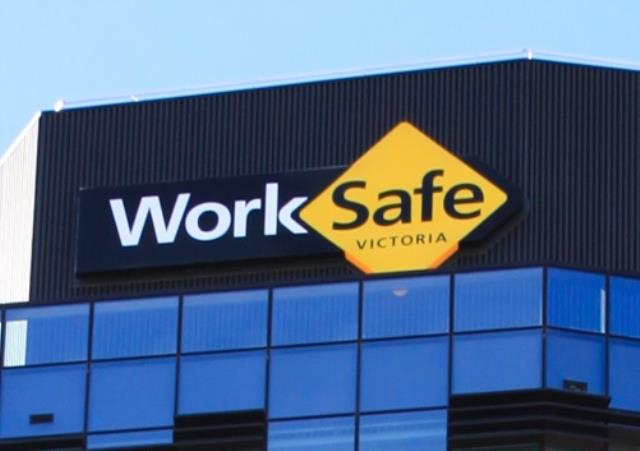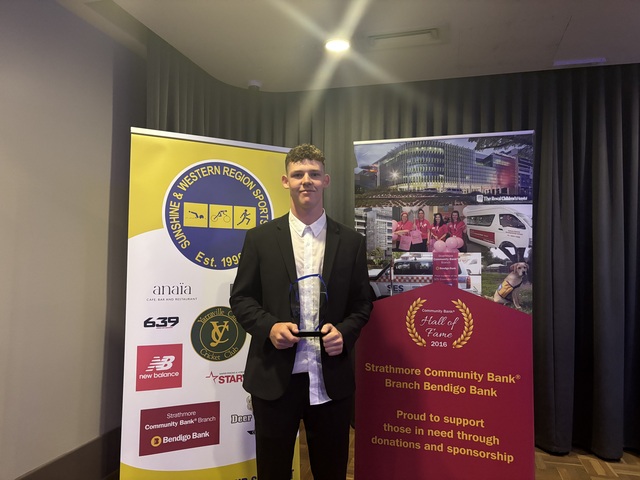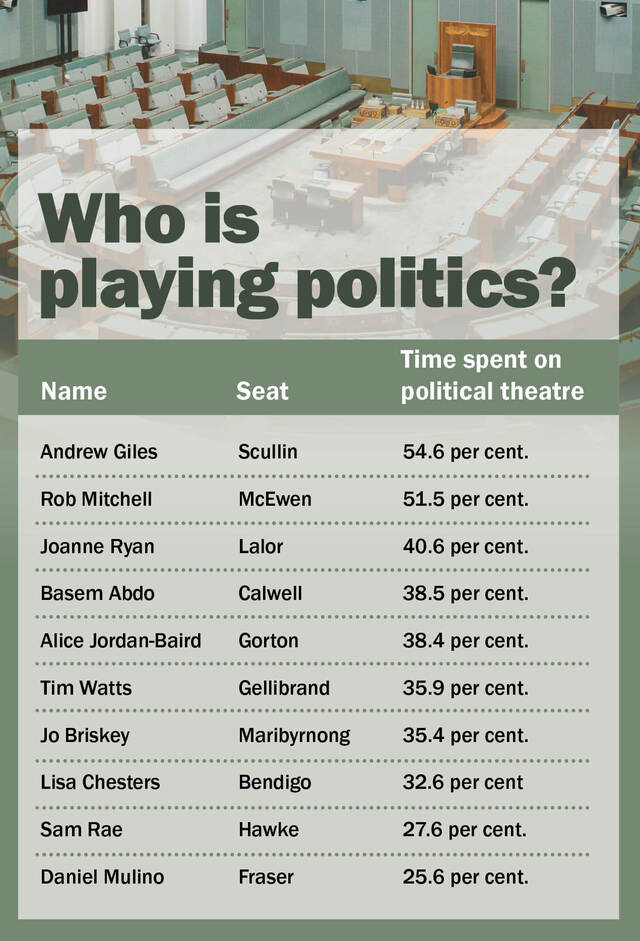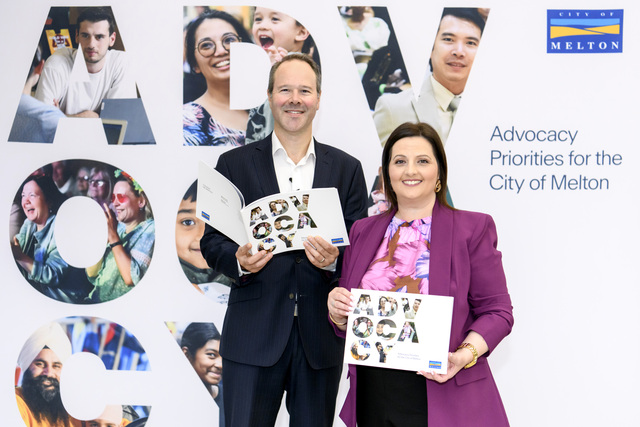Young people are keen to get involved during times of natural disaster preparation and recovery, yet they have few opportunities to help or have their needs heard, according to Victoria University research in partnership with the Youth Affairs Council Victoria (YACVic).
Associate Professor Fiona MacDonald and YACVic colleagues drew on the experiences and views of young people in regional areas affected by the Black Summer bushfires of 2019-20 for the study, and found many felt overlooked during times of crisis.
She called for natural disaster decision-makers and strategies to “change the narrative about young people”.
“…And regard them as capable and constructive ‘agents of change’ in their communities, instead of vulnerable and passive victims when preparing for, and recovering from natural disasters,” she said.
Associate Professor MacDonald said this approach echoes an international disaster risk reduction strategy in the United Nations’ Sendai Framework for Disaster Risk Reduction 2015-2030.
“When young people are included in disaster management, there are benefits for themselves, their peers, community, and the environment. Yet as they increasingly seek opportunities to engage with issues that will impact them and their futures, they often find they are side-lined,” she said.
Young people in the study reported they heard adults talking to them instead of with them, and not seeking their perspectives about what they needed to rebuild their own resilience for future events.
She recommended government, community organisations, and educational institutions establish formal structures to provide opportunities and recognised training for young people to get involved across all levels of natural disaster planning and management.
The research examined the success of Rural Young Activators, a youth empowerment pilot program that was developed in regional Victoria with YACVic following the 2019-20 bushfires to support, upskill, and build the confidence of young people through local advocacy projects.
In 2020, YACVic partnered with RSPCA Victoria for young people to co-create animal welfare projects following the bushfires.
Research from this program about ways young people could be better engaged and empowered during natural disasters recommends providing opportunities for young people to assist with rebuilding and clean-up, so they develop local skills and a sense of community contribution, ensuring government-funded youth workers and youth-safe spaces are established in areas prone to
natural disasters in advance of disasters to help young people build prior resilience and connections and ensuring young people are meaningfully included in governance committees that make decisions about
disaster preparedness and recovery.


